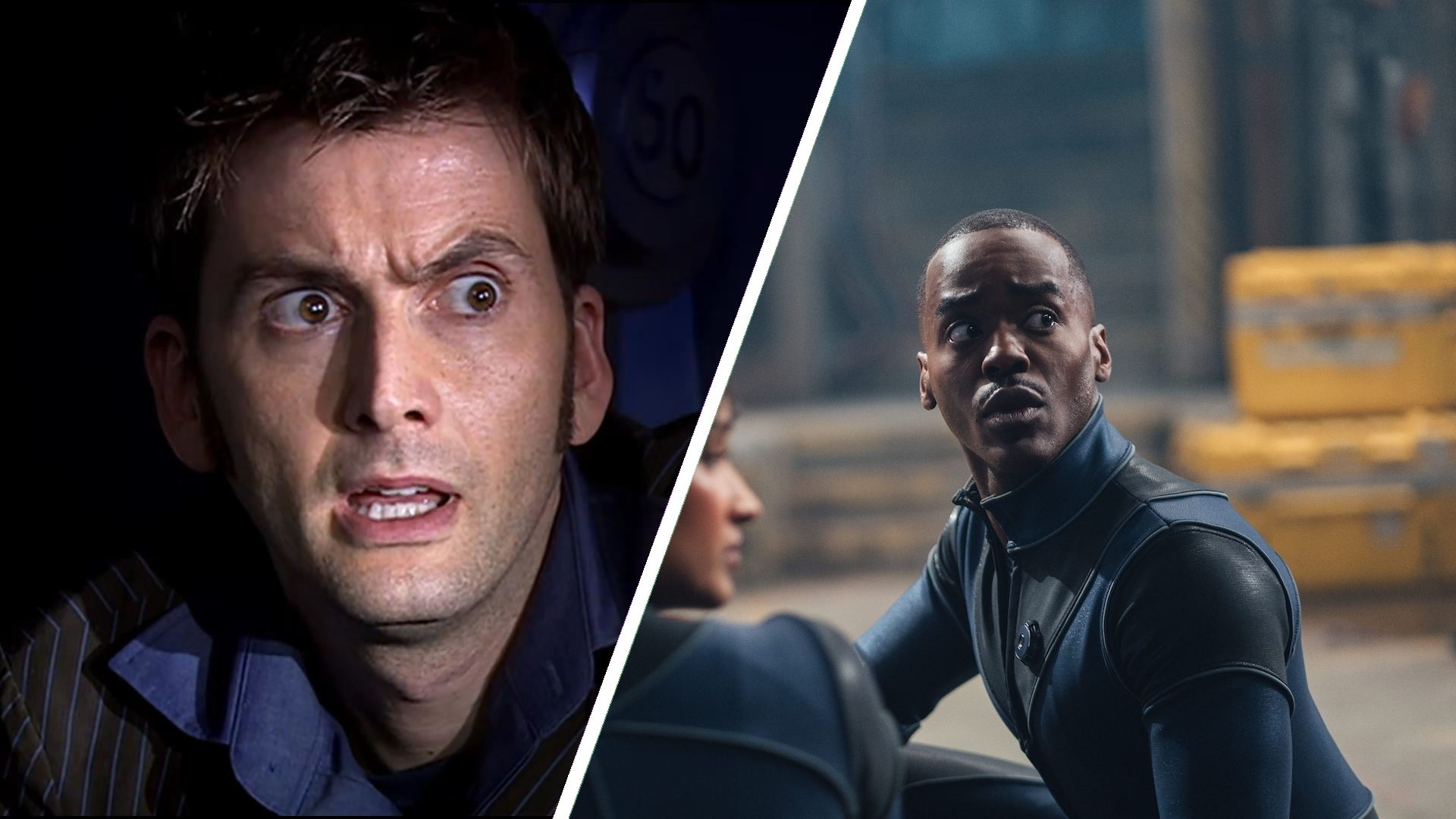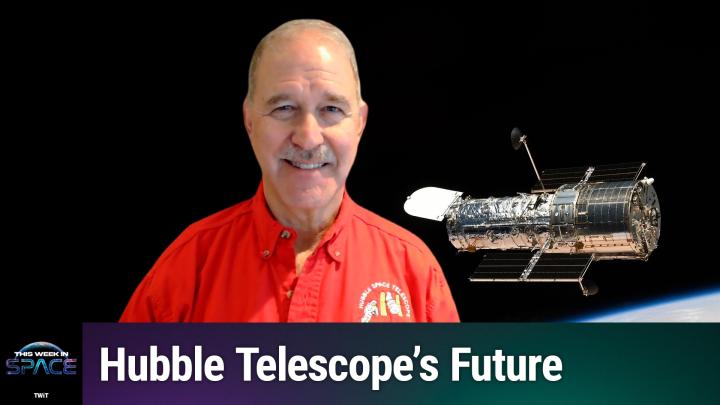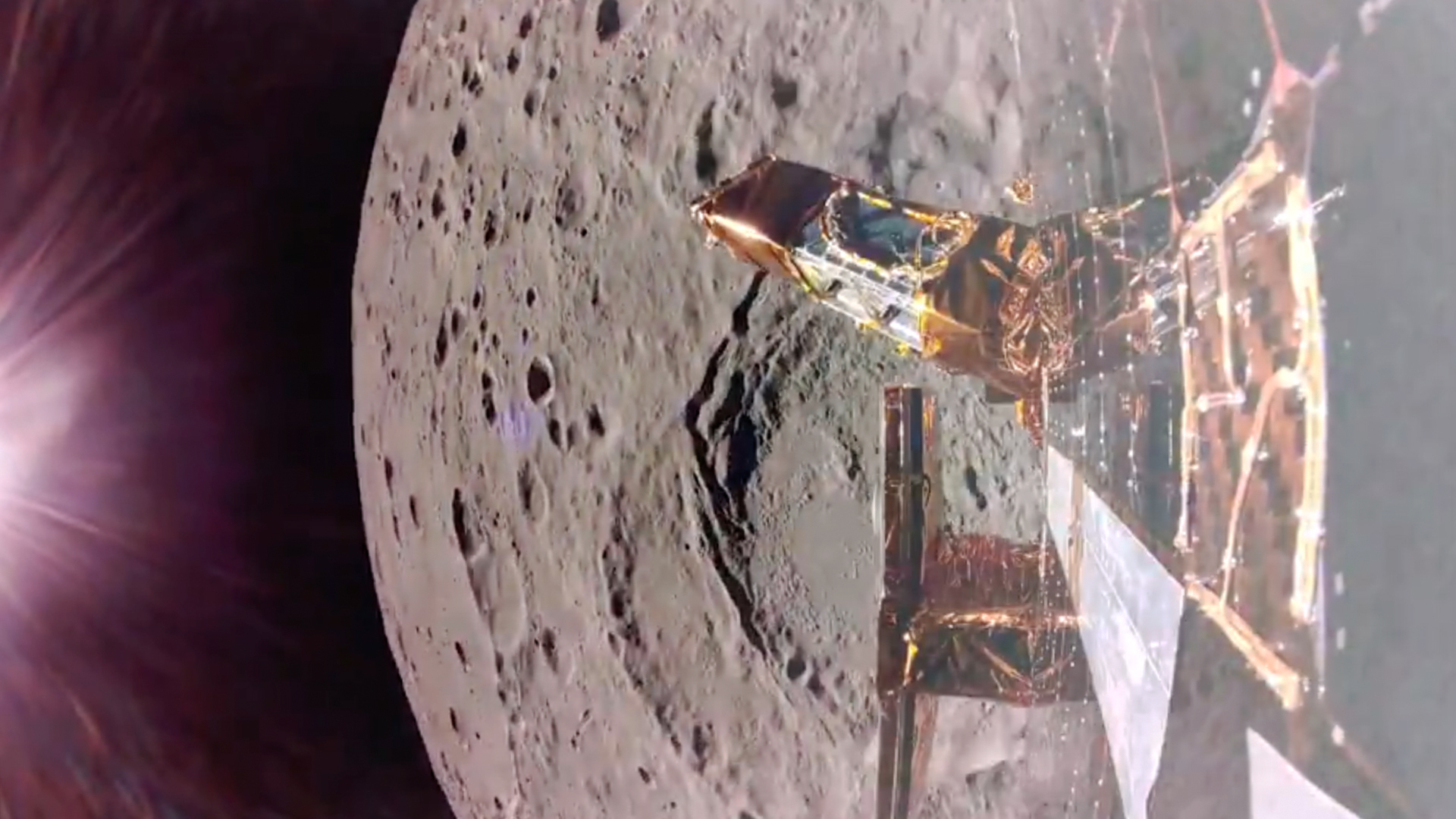Astronaut Biography: Dafydd 'Dave' R. Williams
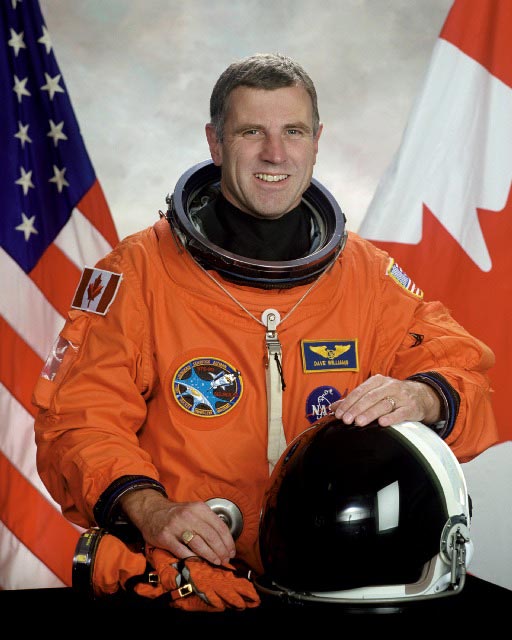
NAME: Dafydd(Dave) Rhys Williams (M.D.)
Astronaut, Canadian Space Agency
PERSONALDATA: Born May 16,1954, in Saskatoon, Saskatchewan, Dave Williams is married and has twochildren. He enjoys flying, scuba diving, hiking, sailing, kayaking, canoeing, downhill and cross-country skiing.
EDUCATION: Education: Attended high school inBeaconsfield, Quebec. Graduated from McGill University, Montr?al, Quebec, witha Bachelor of Science, Major in Biology (1976). Obtained aMaster of Science from the Physiology Department, a Doctorate of Medicine and aMaster of Surgery from the Faculty of Medicine, McGill University, (1983).
Completed a residency in family practice in the Faculty of Medicine,University of Ottawa, (1985). Obtained a fellowship in emergencymedicine from the Royal College of Physicians and Surgeons of Canada, followingcompletion of a residency in emergency medicine at the University of Toronto(1988). He is a Fellow of the Royal College of Physicians and Surgeonsand the College of Family Physicians of Canada.
AFFILIATIONS:Member of the College of Physicians of Ontario, the Ontario MedicalAssociation, the Canadian Association of Emergency Physicians, the Undersea andHyperbaric Medicine Society and the Aerospace Medical Association. Pastaffiliations include the Society for Neuroscience, the New York Academy ofScience and the Montreal Physiological Society.
SPECIALHONORS: Awarded theCommonwealth Certificate of Thanks (1973) and the Commonwealth RecognitionAward (1975) for his contribution to the Royal Life Saving Society of Canada.Academic awards include the A.S. Hill Bursary, McGill University (1980); WalterHoare Bursary, McGill University (1981); J.W. McConnell Award, McGillUniversity (1981 to 1983). Faculty Scholar (1982) andUniversity Scholar (1983), Faculty of Medicine, McGill University. Psychiatry Prize, Wood Gold Medal, and Dean's HonourList, Physiology Department, McGill University, for postgraduate research(1983). Second prize (1986, 1987, 1988) forparticipation in the University of Toronto Emergency Medicine Research PapersProgram.
Get the Space.com Newsletter
Breaking space news, the latest updates on rocket launches, skywatching events and more!
NASA SpaceFlight Medal (1998); Melbourne W. Boynton Award, American AstronauticalSociety (1999); Ramon y Cajal Institute ofNeurobiology, Spanish Council for Scientific Research (CSIC) Bronze Medal forcontribution to neuroscience during Mission STS-90 (1999); Rotary NationalAward for Space Achievement (2000); NASA Outstanding Leadership Medal (2002);Patron of the International Life Saving Federation (2002); Spokesperson for theLife Saving Society Canada and Honorary Ambassador of the SmartRiskFoundation; NASA JSC Space and Life Sciences Directorate Special ProfessionalAchievement Award (2003) for the implementation of the Automatic ExternalDefibrillator Program that has saved several lives at the NASA Johnson SpaceCenter; Honorary Doctor of Laws, University of Saskatchewan (2004).
EXPERIENCE: Dave Williams pursued postgraduate studiesin advanced invertebrate physiology at the Friday HarbourLaboratories at the University of Washington, Seattle, but his interestsshifted to vertebrate neurophysiology when, for his master's thesis, he becameinvolved in basic science research on how adrenal steroid hormones modify theregulation of sleep-wake cycles. While working in the NeurophysiologicalLaboratories at the Allan Memorial Institute for Psychiatry, Williams assistedin clinical studies of slow wave potentials within the central nervous system.
Hisclinical research in emergency medicine has included studies evaluating theinitial training and skill retention of cardiopulmonary resuscitation (CPR)skills, patient survival from out-of-hospital cardiac arrest, the earlyidentification of trauma patients at high risk, and the efficacy of tetanusimmunization in the elderly.
In 1988,Williams became an emergency physician with the Department of EmergencyServices at Sunnybrook Health Science Centre, while also lecturing with the Departmentof Surgery at the University of Toronto. He served as a member of the AirAmbulance Utilization Committee with the Ministry of Health in Ontario, both asan academic emergency physician and later as a representative of communityemergency physicians. In addition, he has trained basic ambulance attendants,paramedics, nurses, residents, and practicing physicians in cardiac and traumaresuscitation with both the Canadian Heart and Stroke Foundation and theAmerican College of Surgeons.
From 1989to 1990 Williams served as an emergency physician with the Emergency Associatesof Kitchener, Waterloo and as the medical director of the WestmountUrgent Care Clinic. In 1990, he returned to Sunnybrook as medical director ofthe Advanced Cardiac Life Support Program and also as the coordinator ofpostgraduate training in emergency medicine. Subsequently, Williams became thedirector of the Department of Emergency Services at Sunnybrook Health ScienceCentre and assistant professor of Surgery at the University of Toronto. He iscurrently an adjunct professor of Surgery at the University of Toronto andMcGill University.
In June1992 the Canadian Space Agency selected Williams as one of four successfulcandidates from a field of 5330 applicants to begin astronaut training. Hecompleted basic training, and in May 1993, was appointed manager of theMissions and Space Medicine Group within the Canadian Astronaut Program. Hisassignments included supervising the implementation of operational spacemedicine activities for the Canadian Astronaut Program Space Unit LifeSimulation (CAPSULS) Project. During this seven-day simulated space mission, which was conducted at the DefenceR&D Canada, Toronto (Formerly DCIEM), Williams was the principalinvestigator of a study to evaluate the initial training and retention ofresuscitation skills by non-medical astronauts.He was also one of the crew members and the crew medical officer.
In January1995 Williams was selected to join the international class of NASA mission specialist astronautcandidates. He reported to the Johnson Space Center (JSC) in March 1995 for ayear of training and evaluation. Following his successful completion of thistraining in May 1996, he was assigned to the Payloads and Habitability Branchof the NASA Astronaut Office. As a representative of the Office, heparticipated in the JSC Institutional Review Board and Science Merit ReviewCommittee, the Independent Advisory Team for the International Space StationCrew Health Care System (CHeCs), the JSC RadiationConstraints Panel and was involved in the development of the Human ResearchFacility.
In April1998 Dave Williams participated in STS-90 as Mission Specialist 3 aboard Space Shuttle Columbia. Duringthe 16-day flight, called Neurolab, the seven-personcrew served as both experiment subjects and operators for 26 individual lifescience experiments. These experiments, dedicated to the advancement ofneuroscience research, focused on the effects of microgravity on the brain andthe nervous system. Williams also functioned as the crew medical officer, theflight engineer during the ascent phase, and was trained to perform contingencyspacewalks. Columbia orbited the Earth 256 times, covered over 6.2 millionmiles (10 million kilometers) and spent over 381 hours in space.
From July1998 until September 2002, Dave Williams held the position of Director of theSpace and Life Sciences Directorate at the Johnson Space Center in Houston,Texas. With this appointment, he became the first non-American to hold a seniormanagement position within NASA. He concurrently held a six-month position asthe first deputy associated administrator for crew health and safety in theOffice of Space Flight at NASA Headquarters in 2001.
In additionto these assignments, Dave Williams continued to take part in astronauttraining to maintain and further develop his skills. In October 2001, he becamean aquanaut through his participation in the joint NASA-NOAA (National Oceanicand Atmospheric Administration) NEEMO 1 mission, a training exercise held inAquarius, the world'sonly underwater research laboratory. During this seven-day exercise,Williams became the first Canadian to have lived and worked in space and in theocean.
In 2006,Dave Williams took the leadof NEEMO 9 as the crew commander of this mission dedicated to assess newways to deliver medical care to a remote location, as would be done in a longspace flight.
Dave Williamsis currently training to participate in his second space flight, MissionSTS-118/13A.1. During the 11-daymission to add a truss segment and relocate solar arrays on theInternational Space Station, Dave Williams will perform at least twospacewalks, and if there is a mission extension, a third.
LastUpdated: July 2007
- NASA's NEEMO 9: Remote Surgery and Mock Moonwalks on the Sea Floor
- NASA's STS-118: Teaching the Future Through ISS Assembly
- SPACE.com VIDEO Interplayer: Space Station Construction with STS-117
- Complete Space Shuttle Mission Coverage
Join our Space Forums to keep talking space on the latest missions, night sky and more! And if you have a news tip, correction or comment, let us know at: community@space.com.
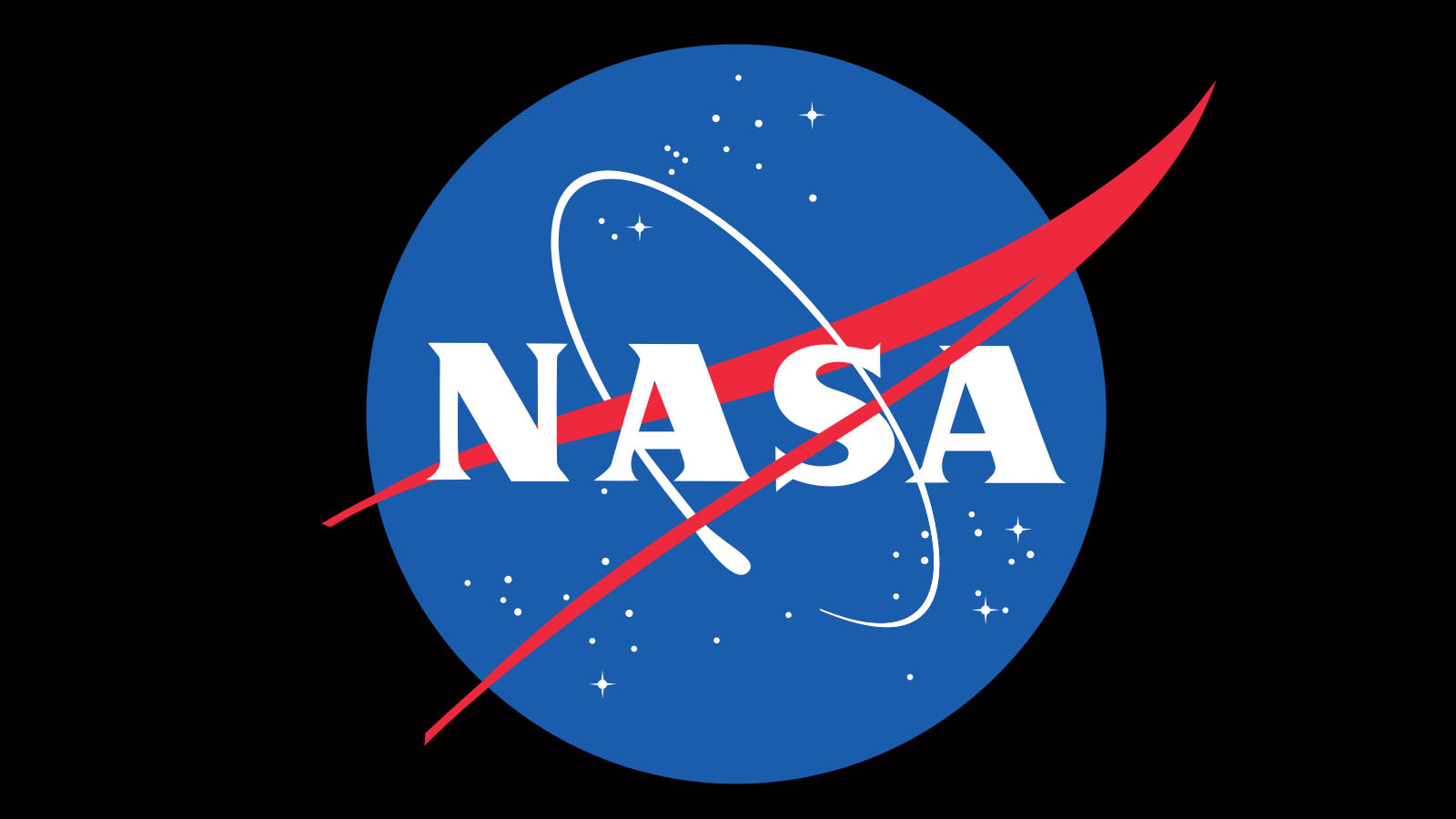
The National Aeronautics and Space Administration (NASA) is the U.S. government agency in charge of the civilian space program as well as aeronautics and aerospace research. Founded in 1958, NASA is a civilian space agency aimed at exploring the universe with space telescopes, satellites, robotic spacecraft, astronauts and more. The space agency has 10 major centers based across the U.S. and launches robotic and crewed missions from the Kennedy Space Center in Cape Canaveral Florida. It's astronaut corps is based at the Johnson Space Center in Houston. To follow NASA's latest mission, follow the space agency on Twitter or any other social channel, of visit: nasa.gov.
